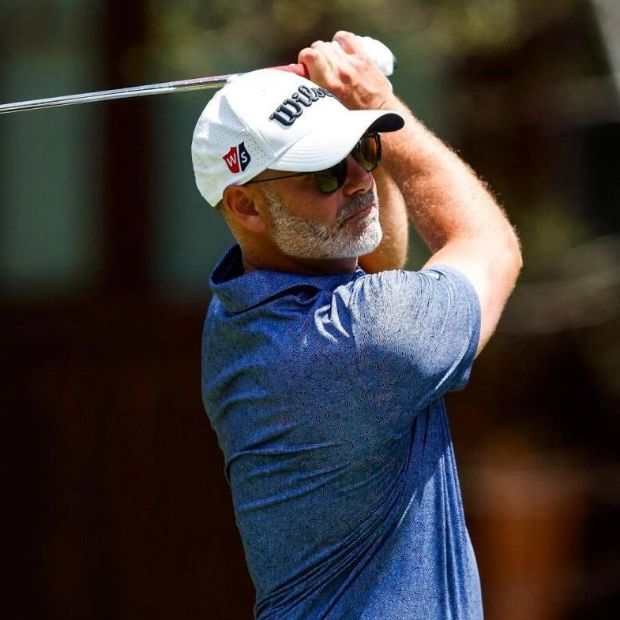Over the past 50 years, our lives have undergone a significant transformation, and the next 50 promise more of the same. The traditional path of education, a stable job, homeownership, and a clear retirement plan has given way to a landscape of uncertainty. We now live in an era marked by increasing complexity in our economic and social structures, where even basic milestones like a lifelong career, buying a home, or planning for the future seem less certain. This shift is partly responsible for the current political climate.
In this new environment, the predictable trajectory of life is being reshaped into a series of peaks. The retirement age is rising due to longer life expectancies and the need for economic activity, while the onset of adulthood is stretching out longer than ever. Psychologist Jonathan Haidt notes that adolescence now extends into the mid-20s, with young adults staying under their parents' protective umbrella longer, partly due to emotional closeness and partly due to financial barriers. This dynamic further entrenches disadvantages for those without the resources and networks that wealth and stability provide.
However, this ambiguity can also be seen as fertile ground for innovation. With the traditional career path in disarray, an entrepreneurial mindset thrives on challenges, problems to solve, and adventures to undertake. There are no guarantees or clear trajectories, just a constant search for new opportunities to learn and new peaks to climb. This perspective is why entrepreneurial life has always appealed to me. The excitement of high risk and high reward has driven my choices over the past two decades, leading me to co-own a football club. The challenge of changing the culture and trajectory of a hometown club, along with the shared euphoria of victory, balances out the numerous reasons why owning a football club is often a bad idea. In football, as in entrepreneurship, there are only wins and losses, and then the next challenge.
This brings us to the unique challenges faced by professional footballers, which offer valuable lessons for all of us as we navigate life's transitions. In a profession where early retirement is inevitable, players experience a drastic change from structured routines and intense highs to a more uncertain future. This transition is often difficult for players to acknowledge, as Jorge Valdano noted, likening it to the human reluctance to discuss death. Breaking this taboo is essential to reduce the heightened risks of divorce, gambling, and substance abuse that retired athletes often face.
Recognizing these challenges, the Professional Footballers’ Association (PFA) aims to prepare players for life beyond football as early as possible. They offer support ranging from grants for academic and vocational courses to specialized programs like the PFA business school. These transferable skills are crucial, as the number of sports degree graduates far exceeds the number of available jobs in the sector. Recently, some senior players have applied for the elite referee development plan, leveraging their deep experience in the game. This approach, akin to a poacher turned gamekeeper, offers a new career path within the sport.
At the academy level, clubs have an even greater responsibility to support young players. Oli Cowling of Grimsby emphasizes the importance of individual player care plans from a young age. The journey to becoming a professional footballer is fraught with failure, requiring unwavering self-belief and focus. As James Kerr wrote, you have to believe in nothing else to make it. The world of sport teaches us that after the final whistle, there's always a new season to prepare for, and we must all find the fortitude and imagination to move forward.
Source link: https://www.theguardian.com






